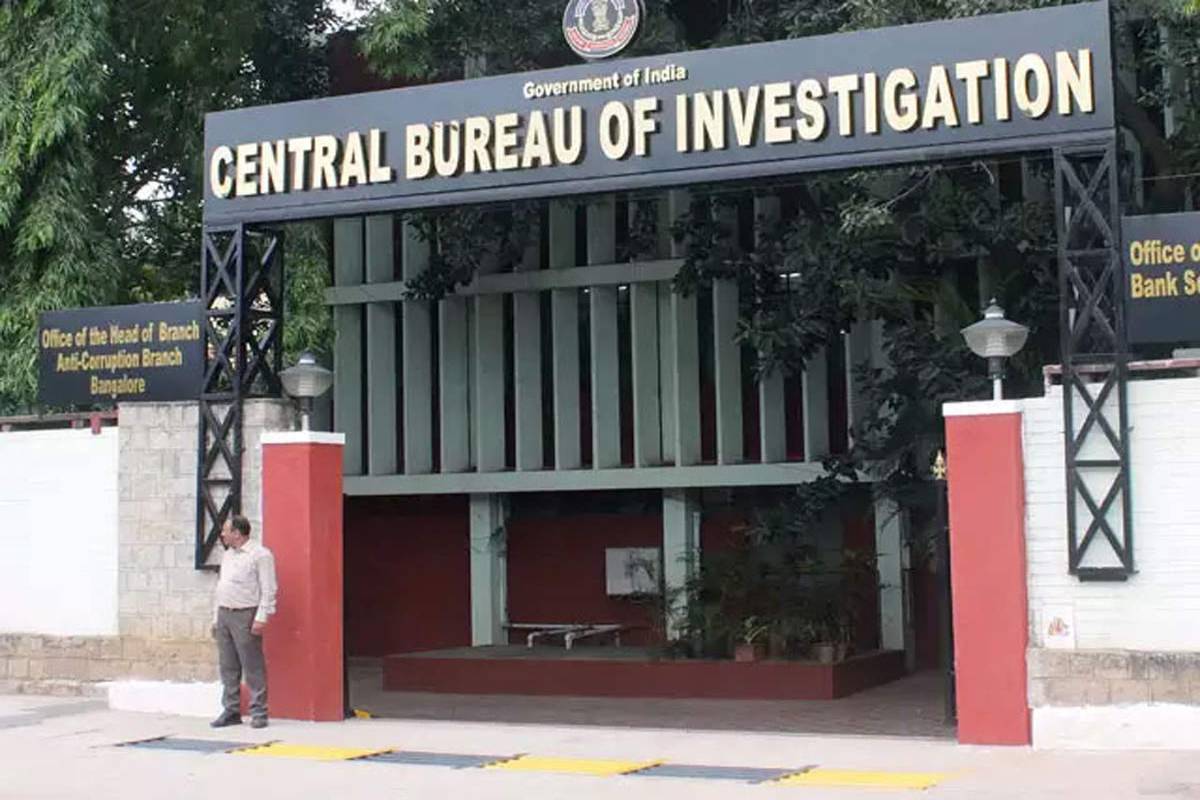Product eco-labelling must be streamlined
The Delhi Government has decided to use energy-efficient cooling devices in all its offices and buildings.
The Cabinet note introduced by the Arvind Kejriwal government to discontinue the new Excise Policy and revert to the old policy indicates alleged failure of the current policy.

Representation image (Photo: IANS)
Instead of generating additional revenue, Delhi government’s Excise Policy 2021-22 has fallen short of what was being collected in terms of excise duty under the old Excise Policy.
Delhi government has in fact got the Lieutenant Governor’s approval for implementing the old Excise Policy again after the LG recently recommended a CBI probe into the implementation of the new Excise Policy.
Advertisement
The move indicates that there were possibilities of irregularities in the new policy.
Advertisement
A Cabinet note prepared for this purpose could help the CBI in its probe into the alleged irregularities in Delhi’s liquor policy.
The Cabinet note introduced by the Arvind Kejriwal government to discontinue the new Excise Policy and revert to the old policy indicates alleged failure of the current policy.
“Every single point mentioned in the note can be seen as an admission of the guilt in terms of revenue generation and consumer choice and ‘windfall gain’ for the existing licencees and severe loss to the exchequer,” a source said.
As per the Cabinet note, during the first quarter of the 2022-23 fiscal, Rs 1,485 crore was realised, which is 37.51 per cent below the budget estimates, i.e., Rs 2,375 crore for Q1. Even this includes Rs 980 crore of refundable security deposit.
The note further said that nine zonal retail licencees have not availed extension during the extension period from April 2022 while three other zonal retail licencees have conveyed their intent to not avail the extension beyond July 2022.
Out of the 14 wholesale licencees, four holders have so far opted to discontinue their licences.
The decline in revenue generation on account of surrendered zones is estimated to be around Rs 193.95 crore per month.
Data from the Excise Department showed that the sale of liquor in the first quarter of the current fiscal increased by 59.46 per cent in case of whiskey and by 87.25 per cent in case of wine as compared to the corresponding period of FY 2019-20, but the same could not be captured as an enhancement to the government revenue.
At present, the number of shops have been reduced to 468 as against the targeted number of 849, which is leading to large number of unserved areas and defeating one of the major objectives of the 2021-22 Excise Policy.
“This naturally amounts to windfall gain for the existing licence holders and leading to loss of revenue to the exchequer. There have also been instances of shortage of particular brands. Premium imported brands, in particular, are not available for some time now as the wholesalers for such brands have stopped supplies,” the source said.
Rather than increasing revenue, the new excise policy was allegedly benefiting the liquor mafia by increasing the sale of liquor in Delhi, the source said.
Advertisement